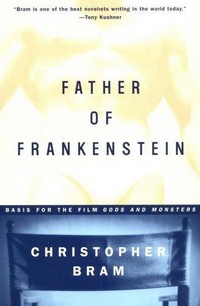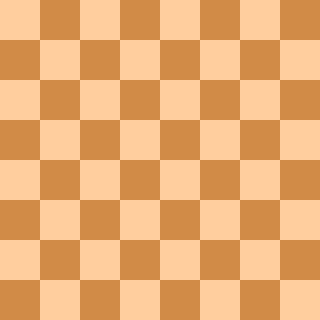 W
WFrankenstein; or, The Modern Prometheus is an 1818 novel written by English author Mary Shelley. Frankenstein tells the story of Victor Frankenstein, a young scientist who creates a sapient creature in an unorthodox scientific experiment. Shelley started writing the story when she was 18, and the first edition was published anonymously in London on 1 January 1818, when she was 20. Her name first appeared in the second edition, which was published in Paris in 1821.
 W
WJohann Konrad Dippel, also spelled Johann Conrad Dippel, was a German Pietist theologian, physician, alchemist and occultist.
 W
WFather of Frankenstein is a 1995 novel by Christopher Bram which speculates on the last days of the life of film director James Whale. Whale directed such groundbreaking works as the 1931 Frankenstein and 1933's The Invisible Man and was a pioneer in the horror film genre.
 W
WThe monster cereals are a line of breakfast cereals produced by General Mills Corporation in North America. The line was introduced in 1971, and at various times has included five brands, each featuring a cartoon version of a classic movie monster: Count Chocula, Franken Berry, and Boo Berry, as well as Fruit Brute and Fruity Yummy Mummy.
 W
WSince the initial publication of Mary Wollstonecraft Shelley's novel Frankenstein in 1818, there has existed uncertainty about the extent to which Mary Shelley's husband, Percy Bysshe Shelley, contributed to the text. While the novel was conceived and mainly written by Mary, Percy is known to have provided input in editing and publishing the manuscript. Some critics have alleged that Percy had a greater role—even the majority role—in the creation of the novel, though mainstream scholars have generally dismissed these claims as exaggerated or unsubstantiated. Based on a transcription of the original manuscript, it is currently believed that Percy contributed between 4,000 and 5,000 words to the 72,000 word novel.
 W
WFrankenstein Castle is a hilltop castle in the Odenwald overlooking the city of Darmstadt in Germany. It is thought that this castle may have been an inspiration for Mary Shelley when she wrote her 1818 Gothic novel Frankenstein; or, The Modern Prometheus.
 W
WGoodbye to Language is a 2014 French-Swiss 3D experimental narrative essay film written and directed by Jean-Luc Godard. It stars Héloïse Godet, Kamel Abdeli, Richard Chevallier, Zoé Bruneau, Jessica Erickson and Christian Grégori and was shot by cinematographer Fabrice Aragno. It is Godard's 42nd feature film and 121st film or video project. In the French-speaking parts of Switzerland where it was shot, the word "adieu" can mean both goodbye and hello. The film depicts a couple having an affair. The woman's husband discovers the affair and the lover is killed. Two pairs of actors portray the couple and their actions repeat and mirror one another. Godard's own dog Roxy Miéville has a prominent role in the film and won a prize at the Cannes Film Festival. Like many of Godard's films it includes numerous quotes and references to previous artistic, philosophical and scientific works, most prominently those of Jacques Ellul, Aleksandr Solzhenitsyn and Mary Shelley.
 W
WThe Man Who Wrote Frankenstein is a 2007 book written and published by John Lauritsen, which defends the unorthodox hypothesis that the poet Percy Bysshe Shelley, not his wife Mary Shelley, is the real author of Frankenstein; or, The Modern Prometheus (1818). The book also argues that the novel "has consistently been underrated and misinterpreted", and that its dominant theme is "male love."
 W
W"On Frankenstein" is a review of the 1818 novel Frankenstein; or, The Modern Prometheus written by Percy Bysshe Shelley in 1817 but not published until 1832.
 W
WMary Wollstonecraft Shelley was an English novelist who wrote the Gothic novel Frankenstein; or, The Modern Prometheus (1818), which is considered an early example of science fiction. She also edited and promoted the works of her husband, the Romantic poet and philosopher Percy Bysshe Shelley. Her father was the political philosopher William Godwin and her mother was the philosopher and feminist activist Mary Wollstonecraft.
 W
WThe Frankenstein–Dracula Variation is a chess opening for Black, usually considered a variation of the Vienna Game, beginning with the moves:1. e4 e5 2. Nc3 Nf6 3. Bc4 Nxe4